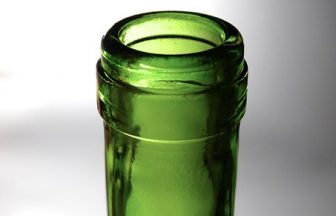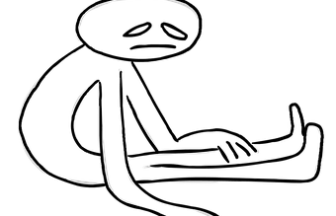「surpass」は「上を越える」→「まさる、しのぐ、~を越える」
sur「上を」+ pass「越える」→「上を越える」⇒「まさる、しのぐ、~を超える」
surpass「まさる、しのぐ、~を超える」
He surpasses his elder brother in science.
「彼は理科では兄よりもすぐれている」
The beauty of the sunset surpassed description.
「日の入りの美しさは言葉では表現できないほどだった」
「passage」は「通ること、通れるようにしてあるもの」
pass「通る」+ age「(行為、状態)」→「通ること、通れるようにしてあるもの」
passage「通行、通過、通路、道路、旅行、一節、(時の)経過」
Our ship sailed through a passage into the open sea.
「私たちの船は水路を航行して外海へ出た」
「passenger」は「通り過ぎる人」→「乗客、旅客」
passeng「通り過ぎる」+ er「人」→「通り過ぎる人」⇒「乗客、旅客」
passenger「乗客、旅客」
Neither the driver nor the passengers were hurt.
「運転手にも乗客にもけがはなかった」
「passer-by」は「通り過ぎる人」→「通行人、通りがかりの人」
pass「通る」+ er「人」+ by「そば」→「通り過ぎる人」→「通行人、通りがかりの人」
passer-by「通行人、通りがかりの人」
A passer-by ran after the thief and caught him last night.
「昨夜、通行人が泥棒を追いかけて捕まえた」
「pastime」は「時を(気晴らしになるように)過ごせ」⇒「気晴らし、娯楽、趣味」
pas (=pass)「過ごせ」+ time「時を」→「時を(気晴らしになるように)過ごせ」⇒「気晴らし、娯楽、趣味」
pastime「気晴らし、娯楽、趣味」
Riding a bicycle is his favorite pastime.
「自転車に乗ることが彼の好きな気晴らしだ」











